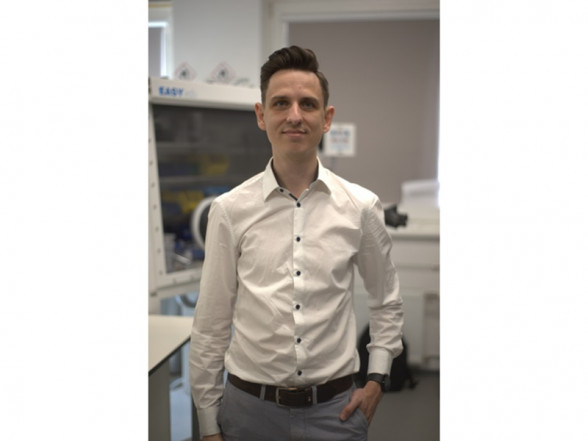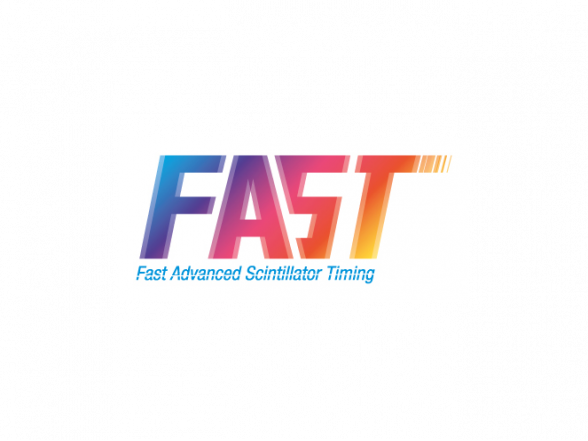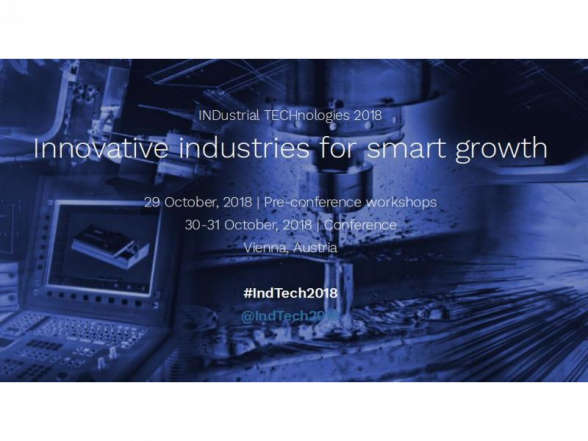In a promising step towards collaborative research, ISSP UL’s Laboratory of Materials for Energy Harvesting and Storage scientists, Gints Kučinskis and Gunārs Bajārs, visited the Division of Applied Electrochemistry at the Royal Institute of Technology (KTH) on November 15. The meeting brought together key figures in the field, including Göran Lindbergh (Head of division), Rakel Wreland Lindström (professor), Amirreza Khataee (assistant professor), and Carina Lagergren (professor).
The focal point of the discussion was the research conducted by ISSP UL’s researchers at the Laboratory of Materials for Energy Harvesting and Storage. Their presentation delved into the materials for Na-ion batteries, emphasizing aspects such as material stability, interfaces, and material structure. Additionally, they shared insights into the ongoing investigation of the ageing process in Li-ion batteries.
Göran Lindbergh, as the Head of KTH’s Division of Applied Electrochemistry, provided a comprehensive overview of the institute’s research topics in electrochemistry. The group then embarked on an insightful tour of the state-of-the-art laboratories, gaining firsthand experience of the cutting-edge facilities.
The meeting was not merely a showcase of individual research endeavors but paved the way for identifying commonalities and challenges within the field. A consensus emerged on the most compelling avenues for joint research, specifically in materials for Na-ion batteries, focusing on aspects like material stability, interfaces, and material structure. Simultaneously, the aging process of Li-ion battery materials emerged as another key area of mutual interest.
The discussions reached an agreement—a proposal to explore student exchanges, encompassing both master’s and Ph.D. students. This move is seen as a strategic step forward, fostering a more profound exchange of knowledge and expertise between ISSP UL and KTH. Such collaborations are envisioned to accelerate advancements in electrochemistry research.



